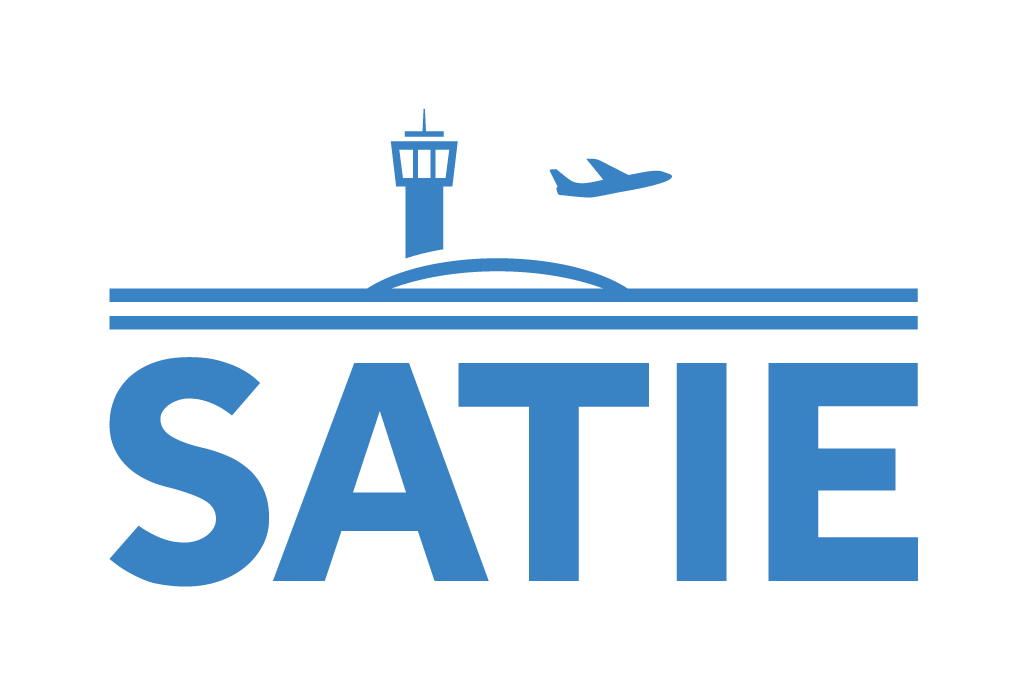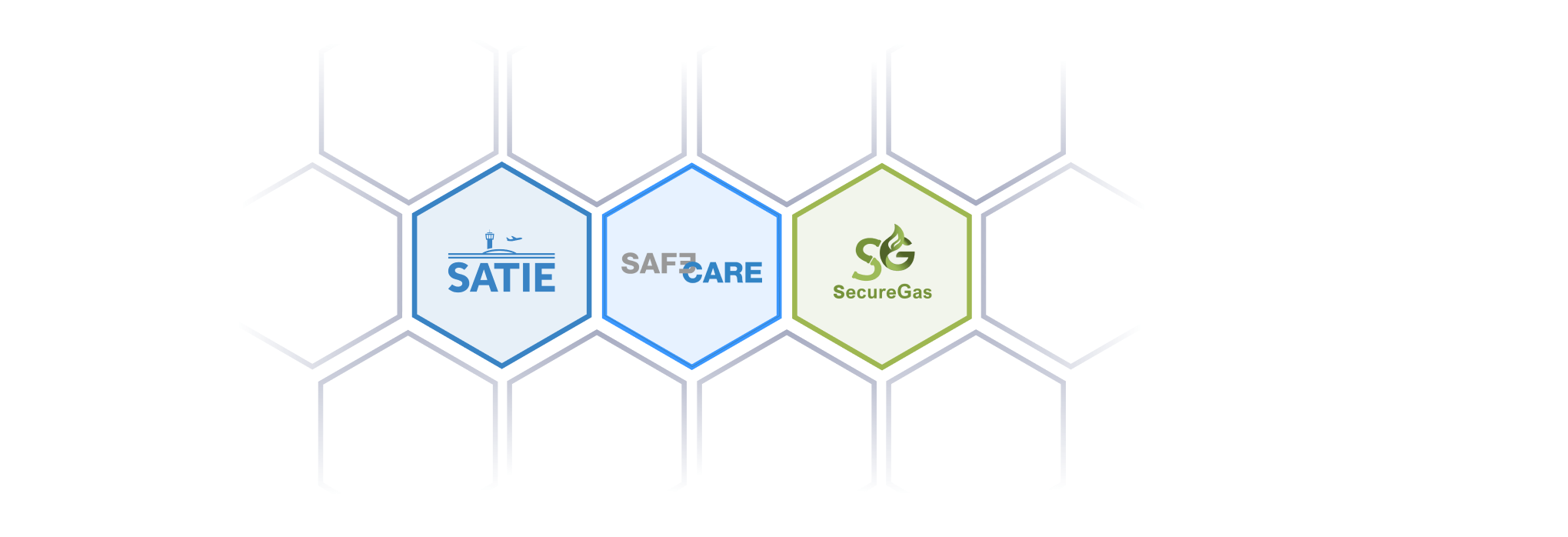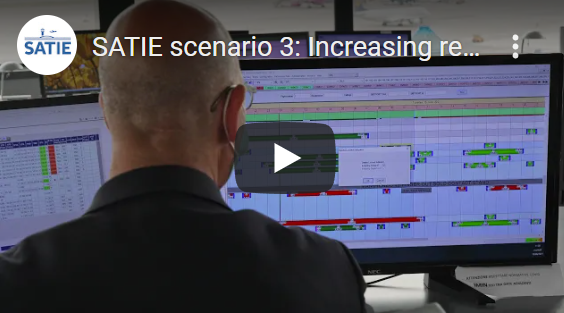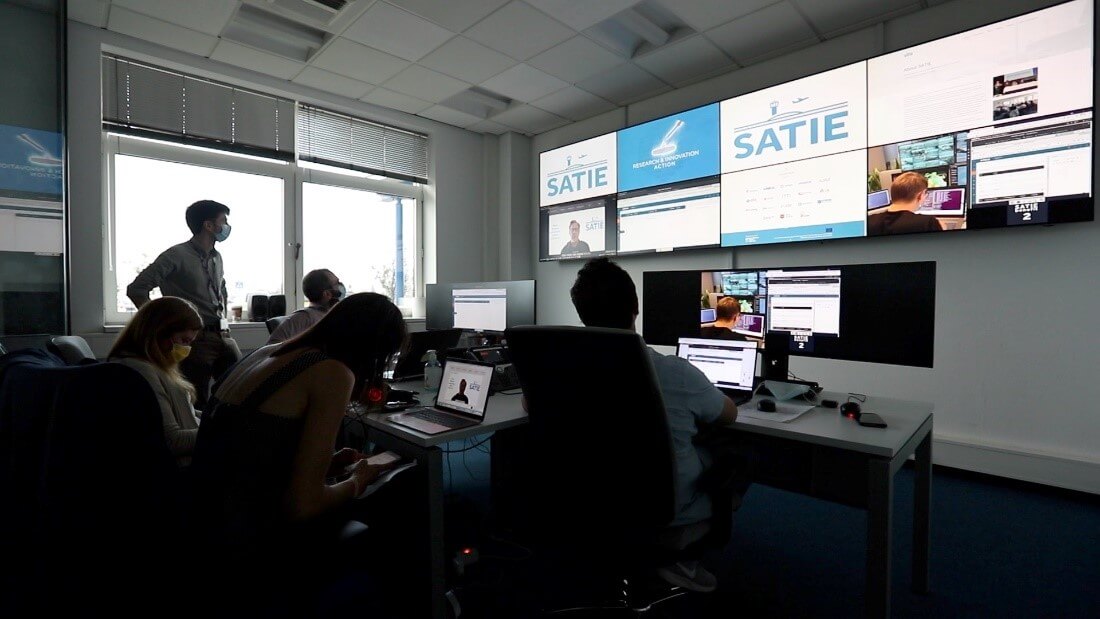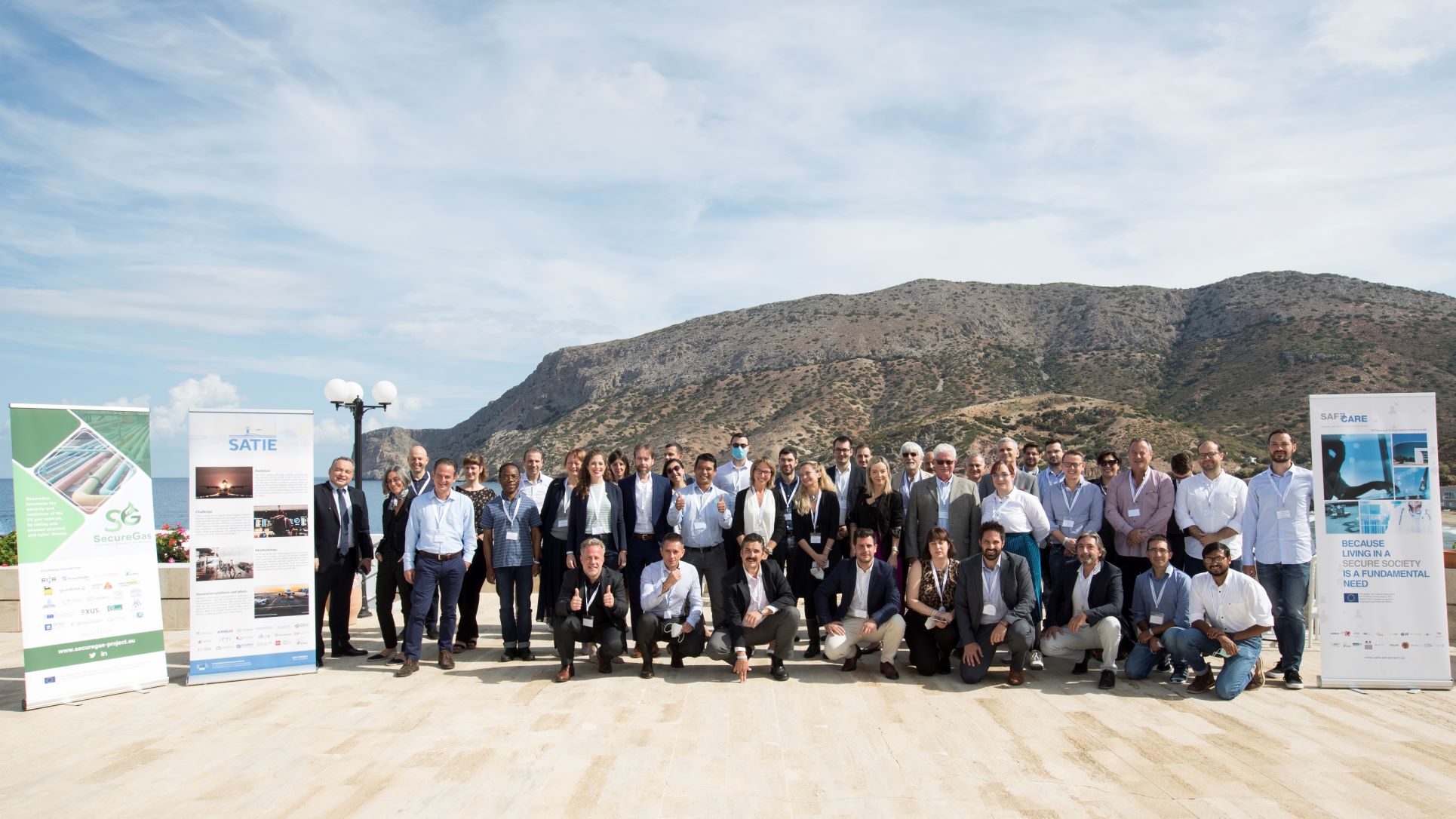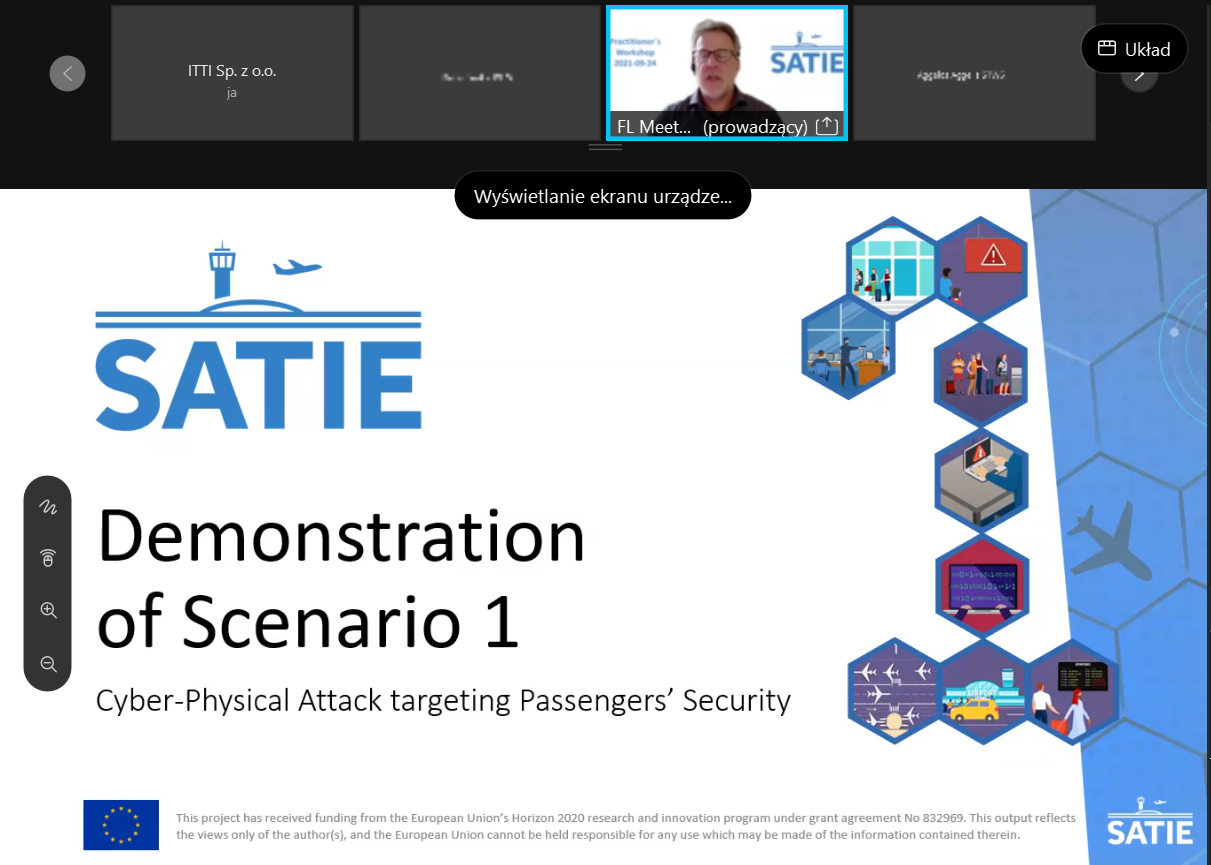This is the another post in a series of articles about the SATIE project work-packages (WPs). The idea is to present the reader with more information on the work planned in the project and how planned activities will help to achieve the project goals. This post is about WP8, while future posts will discuss other project WPs.
Aims of WP8
This work package is critical in ensuring the ethical handling of privacy and other data protection related issues in the project. Indeed, European projects must pass an ethics screening before being approved, which demonstrates the project’s knowledge of ethical challenges and readiness to address them. WP8 is based on the preliminary assessment done before the project’s beginning, which identified potential ethics issues. The WP thus follows the double aim of ensuring first that the SATIE solution is ethical itself and beneficial for all and serves secondly to ensure that the research activities are compliant with international regulations and follow international standards and best practices in terms of data protection and research ethics.
Work Plan
WP8 spans the whole length of the project and is divided in a number of tasks. The first task consisted in carrying out a legal state of the art on privacy and cybersecurity, in order to establish the requirements and principles that SATIE should follow. Human rights, data protection and cybersecurity standards were analyzed, and two national case studies were examined. Based on these, recommendations were made to the consortium both in terms of the system and validation activities. The second task consists in operationalizing the data protection and privacy by design requirements into recommendations. Thus, an Ethics Briefing Pack was created for the consortium, aimed at explaining ethical requirements in research activities and how to apply them in SATIE. A guide to operationalize privacy by design principles is about to be handed in. It not only aims to set the ethical bar for the development of the technologies within SATIE, but also purports to look at the individual data life cycle of subcomponents, in order to carry out an impact assessment and determine potential risks that would undermine privacy by design principles. At the end of the project, a final privacy and societal impact assessment will be carried out in order to go over the potential changes that have occurred during the project, which could affect its social desirability. All of the deliverables have required the input of all partners, inscribed in a collaborative work ethic. On top of these deliverables, a presentation on GDPR and a workshop on the ethics requirements in EU projects were carried out, in order to fully involve all partners in the process, and give them a thorough understanding of the aims of WP8. Other presentations are foreseen to cover all ethical questions relevant to SATIE.
Note: This output reflects the views only of the author(s), and the European Union cannot be held responsible for any use which may be made of the information contained therein. This project has received funding from the European Union’s Horizon 2020 research and innovation programme under grant agreement No 832969.
